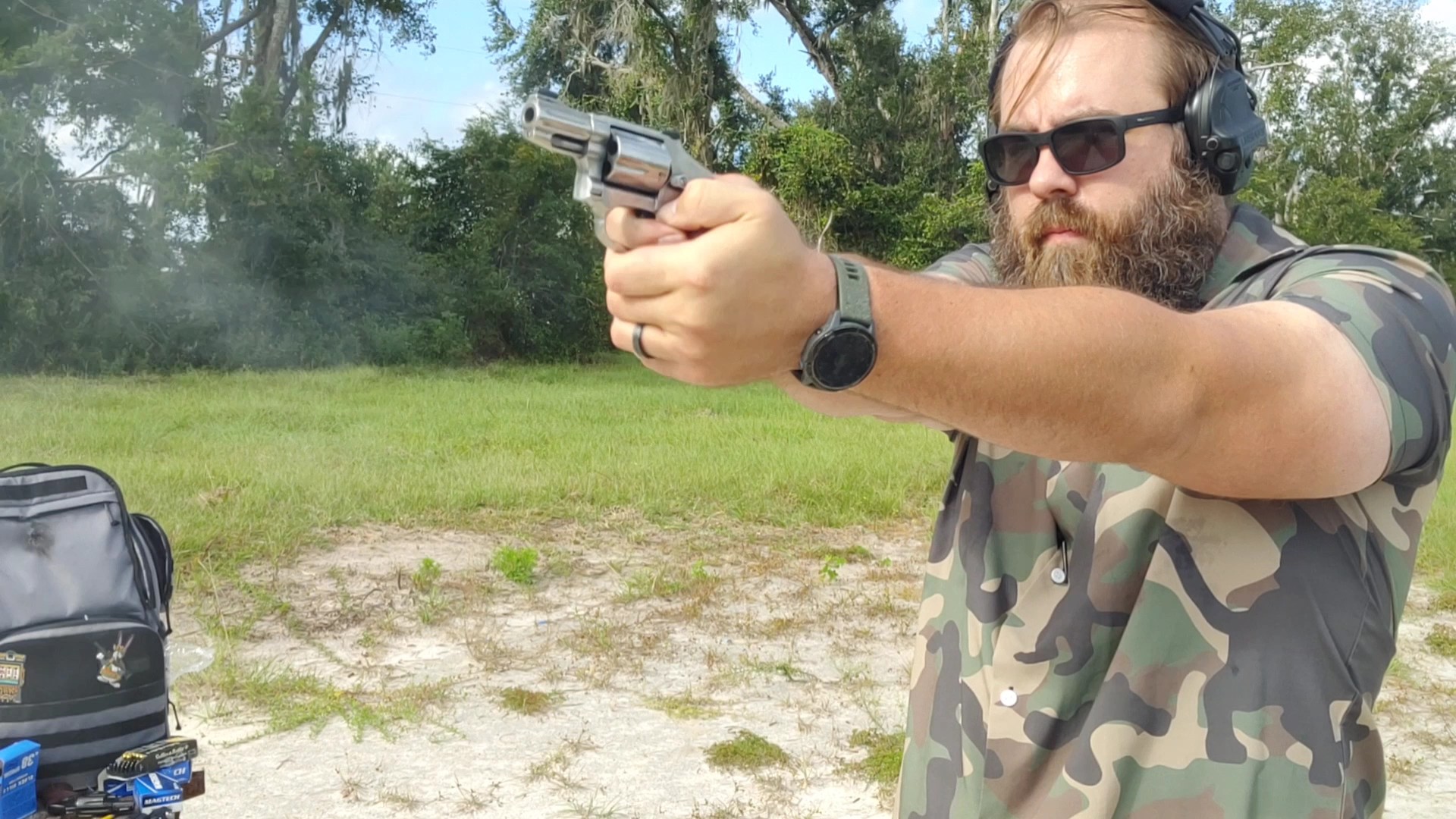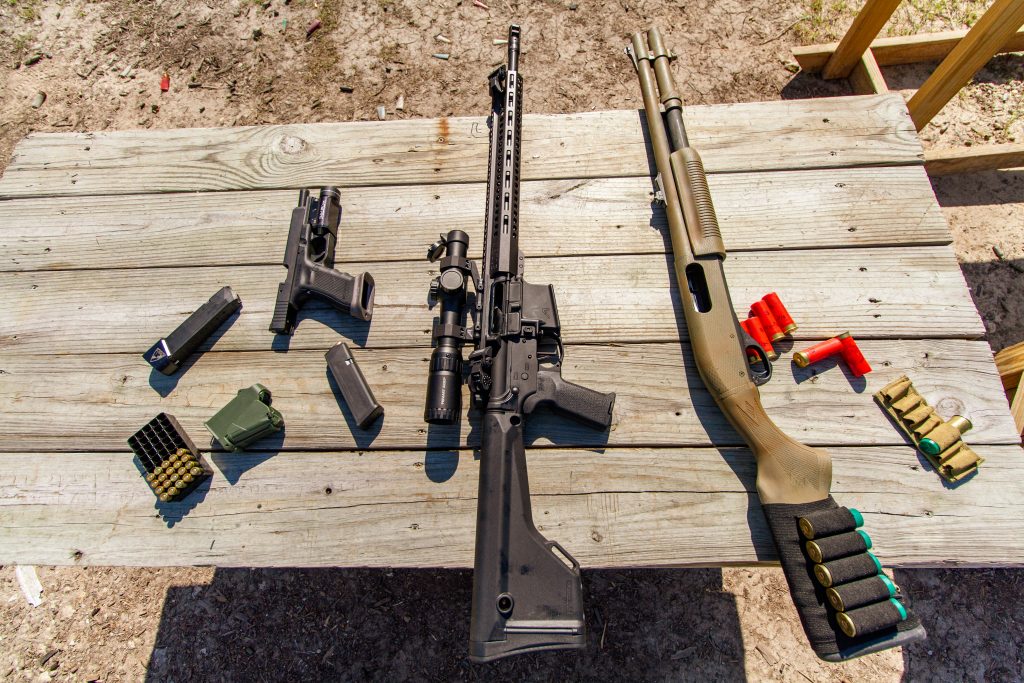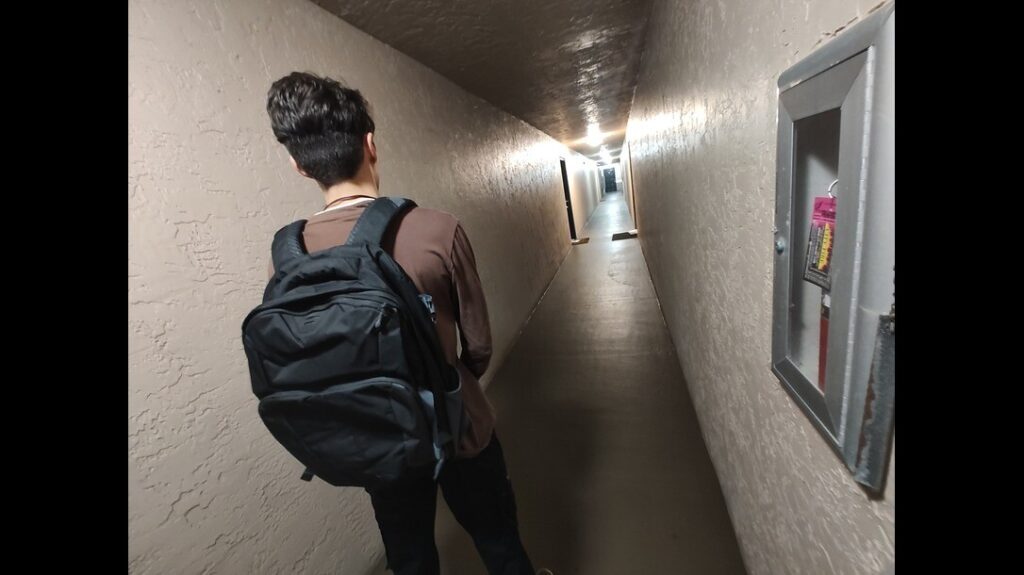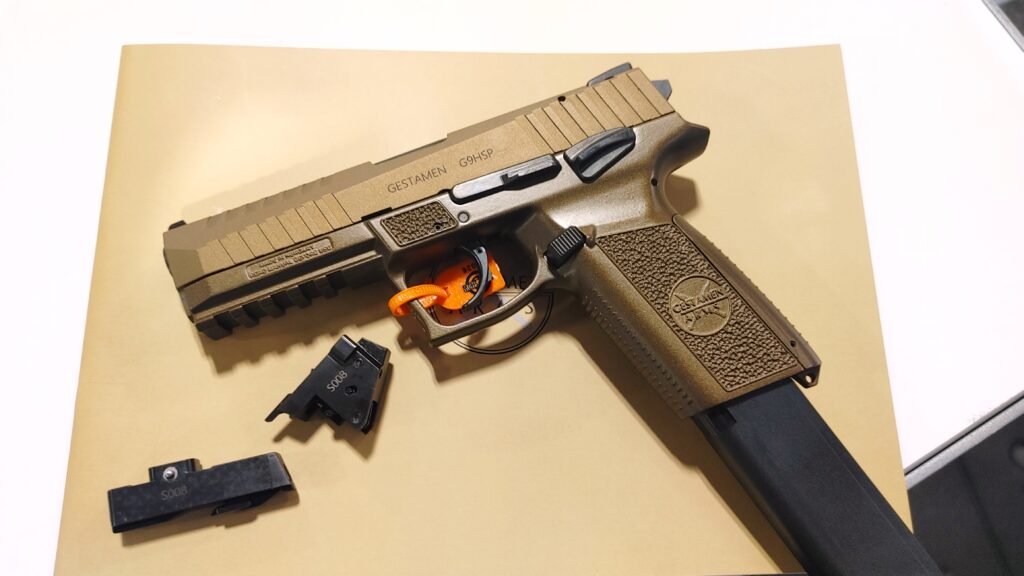What does it mean to possess a skill designed for lethality? If you’re someone who is serious about carrying a firearm, either professionally or privately, you’re likely in possession of a skill that’s fairly easy to access but difficult to obtain. If you train and practice with a firearm, you possess a degree of lethal skill.
That’s all there is to it, but have you stopped to ponder what that means for you and for society? What are the responsibilities and ethics of possessing and constantly improving a lethal skill? It’s something I’ve been kicking around in my crayon-eating brain and something I wanted to talk about. It all started because I started practicing martial arts.
Lethal Skills and Ethical Dilemmas
I promise you it’s not a midlife crisis that drove me to start Judo. I’ve always been in crisis, but now I can afford it. I train at a club that’s mixed with kids and adults training at the same time, albeit separately. Part of Judo, and seemingly any martial art, is learning the ethical use of martial skills. The kids are taught not to go to school, and Seoi Nage, some kid who fouled you at basketball.
Advertisement — Continue Reading Below
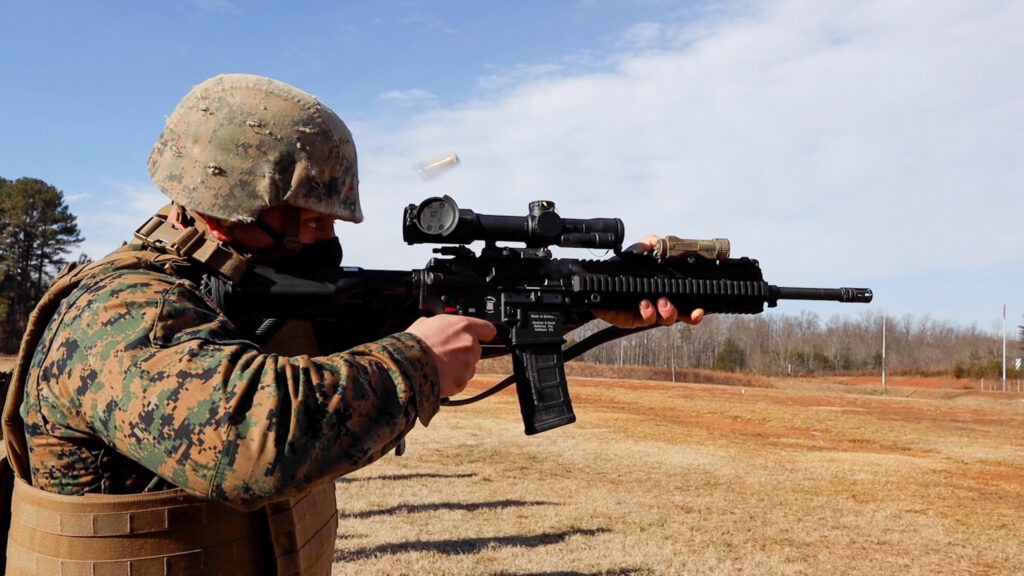
As a quasi-mature 35-year-old dad of three, who is the oldest student in the class, it’s not quite as harped on with me. You are walking around with a skill that could seriously harm someone, so you have to be responsible with it.
I’ve seen it mentioned here and there in the gun world and have preached it myself, but firearms training isn’t codified like martial arts. I’ve never been in a class where the ethics of carrying a firearm come up.
Advertisement — Continue Reading Below
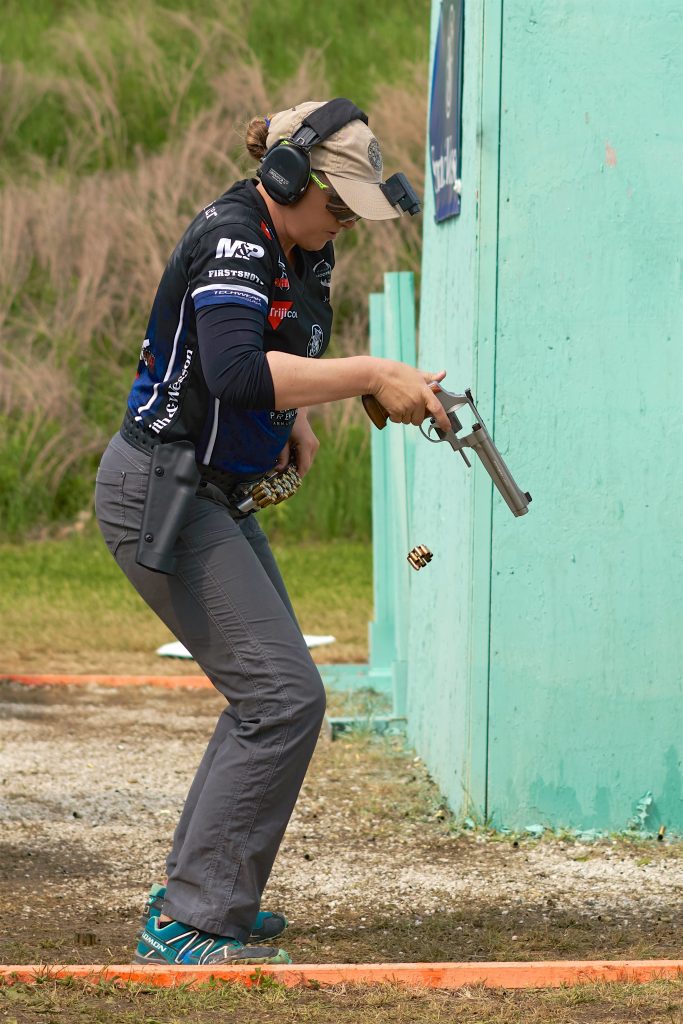
It’s understandable why it’s not brought up. I’m paying so-and-so instructor to help me shoot faster and straighter, and we have limited time to do so. Judo has the benefit of two classes a week, firearm instructors are getting me for a day or maybe two total.
The Ethics of Lethal Skill
If you translate this to the gun world, I’m carrying a firearm everywhere I’m legally allowed to. This means almost every interaction I have has at least one firearm present. What kind of ethics do I need to uphold to be a responsibly armed person?
Advertisement — Continue Reading Below
The paradox of power is that with it comes the responsibility to use it correctly. A proficient shooter with a firearm wields immense power. It’s a lethal skill that should not be used to dominate.
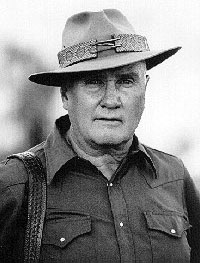
Being trained with a firearm can give you confidence and reassurance, but it should bring with it a sense of humility. The better trained I became, both in my professional time toting a firearm and as a concealed carrier, the more I realized that there is a razor-thin margin for error ethically, legally, and between life and death. Once a shot is fired, there is no way to reverse that decision.
Advertisement — Continue Reading Below
If you work on any skill, you ride a roller coaster of proficiency. You suck when you start, but then you climb that mountain and you think, hey, I’m pretty good. Then you plunge down that hill and realize, oh hell, I don’t know anything. You go from humble to confident to back to being humble.
Humility – The Core Principle
I believe that humility is the core principle of possessing a lethal skill. It applies to your training. Don’t ever think you’re good enough. You should always continue to train and sharpen your skills. If you have to use your firearm, you have a responsibility to be as proficient with it as possible.
Not only to protect yourself and your family, but to ensure you make your shot count and avoid putting innocent people in danger.
Advertisement — Continue Reading Below
Humility also brings us to real-world confrontations. If you are proficient and skilled in any form of fighting, then most confrontations are over before they start. If that’s the case, then why even fight? Well-trained and skilled people have nothing to prove. If you find yourself in a confrontation, you need to be able to determine if it’s actually worth violence, and very few confrontations are worth it.
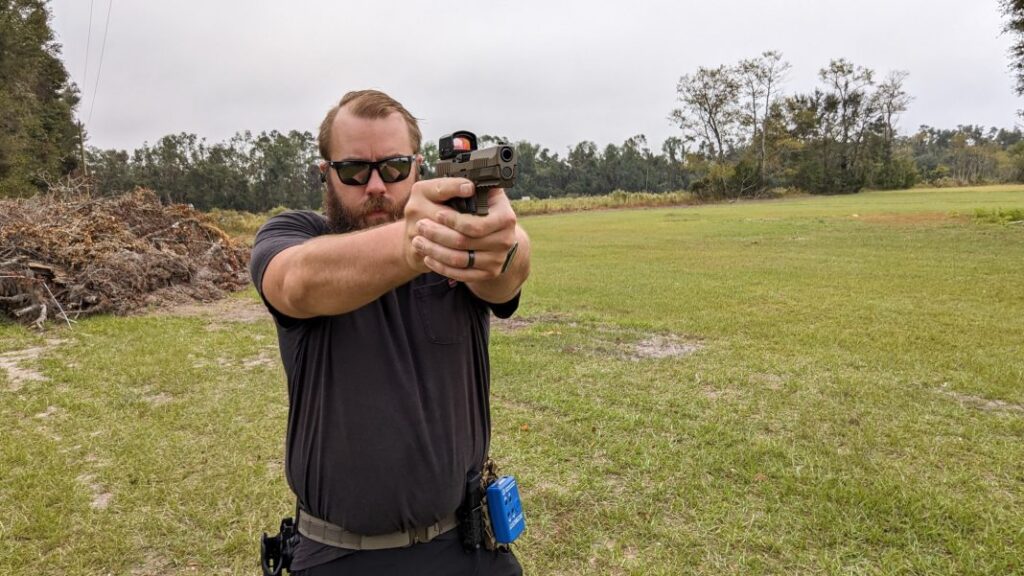
If you’re humble, then you’re also not assuming you will win. Let’s say I’m a Judo black belt and I can take a guy to the ground. I beat him, but I never saw his friend come up and soccer kick me in the head while I held an armbar. You never know who else has a gun, and having a sub-two-second Bill Drill doesn’t mean you’ll win the gunfight.
Advertisement — Continue Reading Below
De-escalation Is A Responsibility
If you have a lethal skill and the means to exercise that skill, then you have the responsibility to attempt to de-escalate the situation.
De-escalation should always be at the forefront of how you handle confrontation. Jack Clemons’ famed “My bad, here’s 20 dollars” is a brilliant example of de-escalation. Jack was a giant of a man who was also remarkably skilled with firearms, and he was not only willing to de-escalate, but he also had a plan on how to do it.
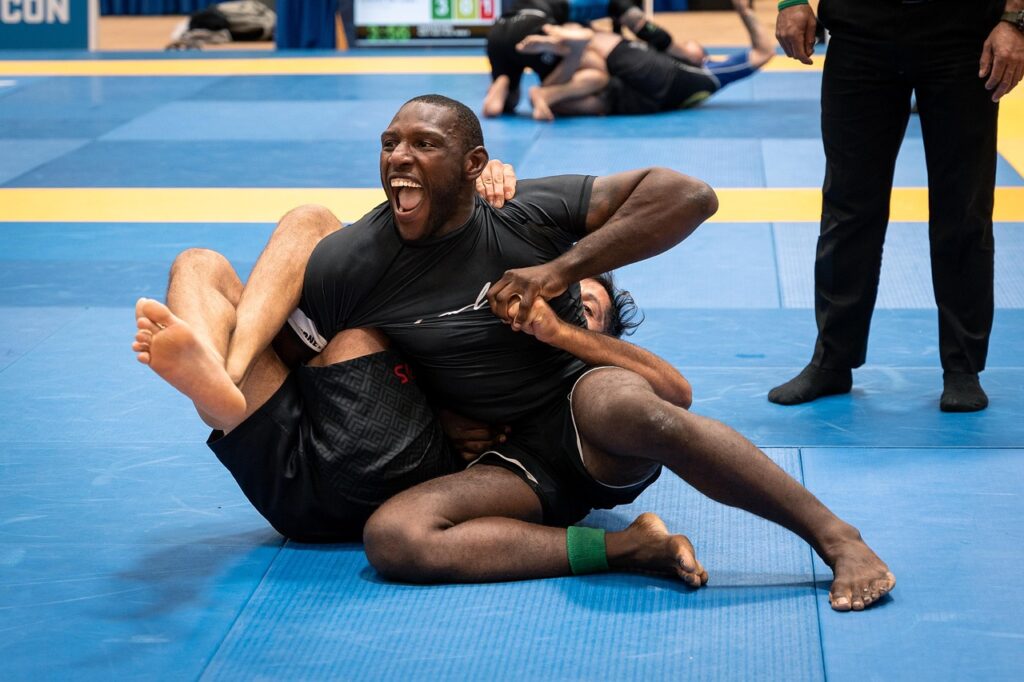
Advertisement — Continue Reading Below
If you can’t de-escalate, can you escape? I live in a Stand Your Ground state. I don’t have a duty to retreat legally, but ethically, I believe that if escape is a safe option, you should take it. Escaping can be as simple as walking away from an angry guy at the bar.
I’m confident enough in myself that his insults aren’t going to affect me. I gain nothing from fighting him, but I have a lot to lose.
(I support Stand Your Ground and the legal protections it provides, and Duty To Retreat creates an unjust legal dilemma in self-defense situations.)
Advertisement — Continue Reading Below
De-escalation is the ultimate self-defense skill. You win 100% of the gunfights you avoid.
Discipline Is a Responsibility
If you have the discipline to train with a firearm, to make accurate shots, and to make them quickly, to draw in less than a second, and to score a sub-2-second Bill Drill, then you have the discipline to walk away from confrontations, to de-escalate confrontations, and to avoid confrontations altogether.
The ethics of having a lethal skill are rooted in humility, responsibility, and discipline.
